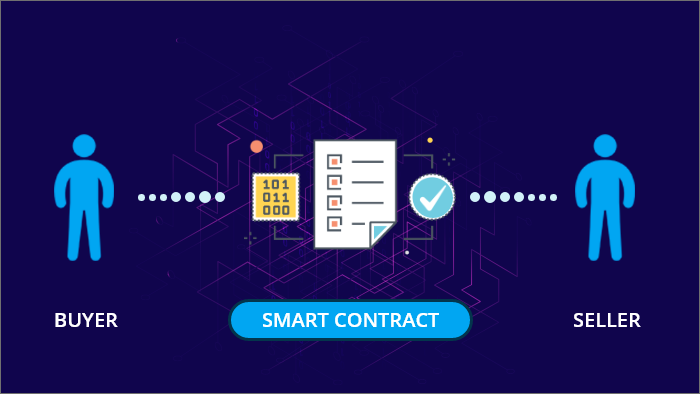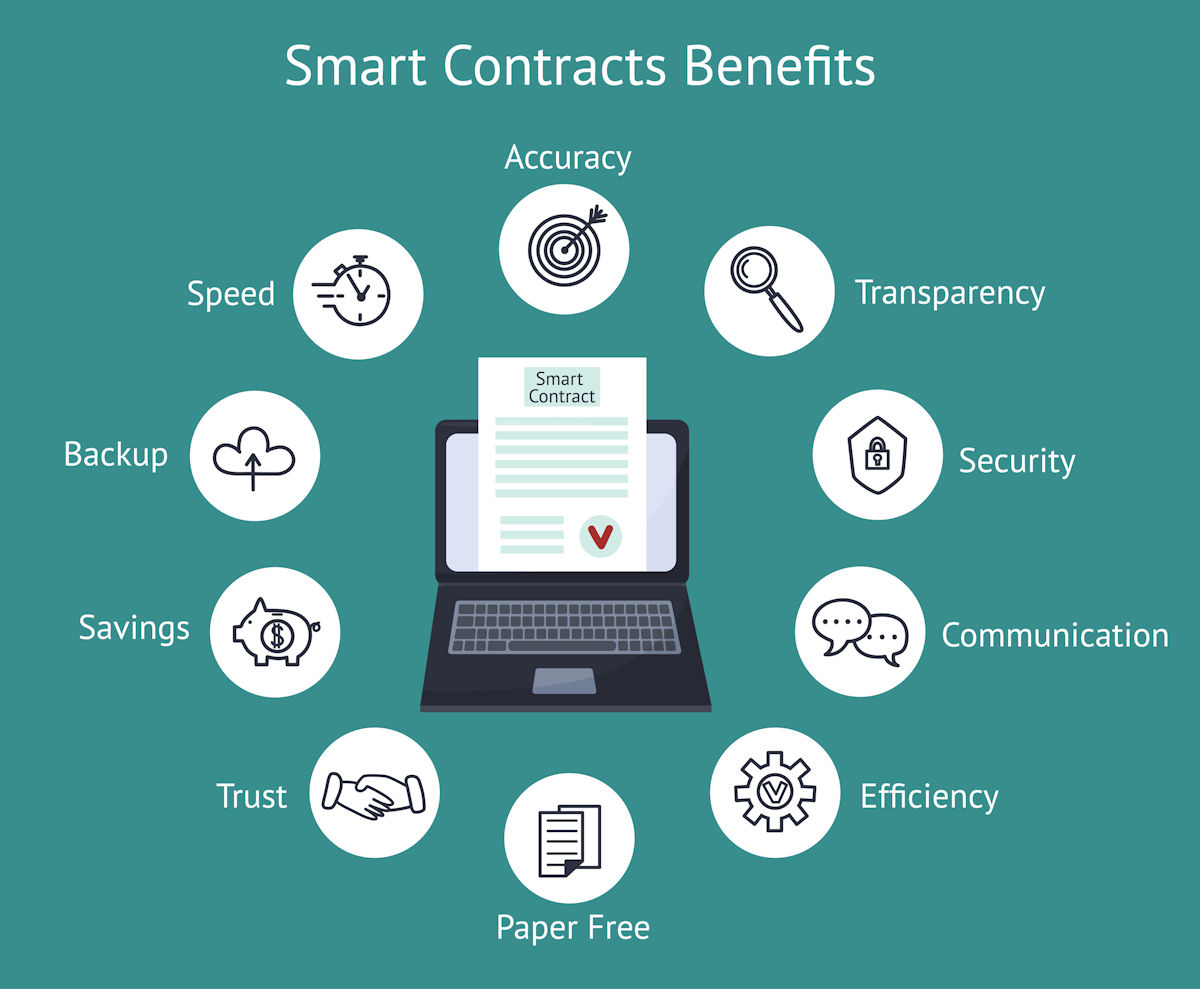Smart contracts have revolutionized the way businesses operate, and the e-retail industry is no exception. By automating and streamlining processes, smart contracts can help e-retail companies reduce costs, increase transparency, and enhance overall efficiency. Here, we will explore how smart contracts can be implemented in e-retail management and the benefits they bring to the industry.
What are Smart Contracts?
Smart contracts are self-executing digital agreements that automatically enforce the terms of a contract when predetermined conditions are met. They are built on blockchain technology, which ensures that all transactions are secure, transparent, and tamper-proof.

Smart Contracts in E-Retail Management
Smart contracts can be used in various aspects of e-retail management, such as supply chain management, payment processing, and dispute resolution. Let’s take a closer look at each of these areas.
- Supply Chain Management
Smart contracts can be used to automate the various processes involved in the supply chain, from ordering and purchasing to shipping and delivery. By using smart contracts, e-retail companies can eliminate manual errors, reduce the risk of fraud, and increase the speed of transactions. Additionally, the use of smart contracts can improve communication and collaboration between different parties in the supply chain, making it easier to track the progress of orders and deliveries.
- Payment Processing
Smart contracts can be used to automate the payment processing process in e-retail. For example, they can be used to automatically release payment to suppliers once the goods have been delivered and confirmed to meet the agreed-upon specifications. This eliminates the need for manual checks, reduces the risk of fraud, and speeds up the payment process.
- Dispute Resolution
Smart contracts can also be used to resolve disputes in e-retail. For example, if a customer disputes a charge on their credit card, the smart contract can be programmed to automatically refund the customer if the dispute is determined to be valid. This helps to reduce the time and resources required to resolve disputes, as well as improving customer satisfaction.

Benefits of Implementing Smart Contracts in E-Retail
- Increased Efficiency
The use of smart contracts can help to increase efficiency in e-retail by automating and streamlining various processes. This can help to reduce costs and improve productivity, leading to increased profitability for e-retail companies.
- Improved Transparency
Smart contracts are built on blockchain technology, which ensures that all transactions are secure and transparent. This can help to increase trust between e-retail companies and their customers, as well as improving collaboration between different parties in the supply chain.
- Enhanced Security
Smart contracts are tamper-proof, making them much more secure than traditional contracts. This reduces the risk of fraud and ensures that all transactions are properly executed, even in the absence of intermediaries.
- Reduced Costs
By automating various processes and reducing the need for manual checks and interventions, smart contracts can help to reduce costs in e-retail. This can lead to increased profitability and competitiveness for e-retail companies.
Conclusion
Smart contracts have the potential to revolutionize the e-retail industry, bringing increased efficiency, improved transparency, enhanced security, and reduced costs. Earnlytical helps companies implement smart contracts that can gain a competitive advantage and improve their overall performance, leading to increased profitability and growth. If you’re interested in learning more about the benefits of smart contracts in e-retail, be sure to reach out to us today.




